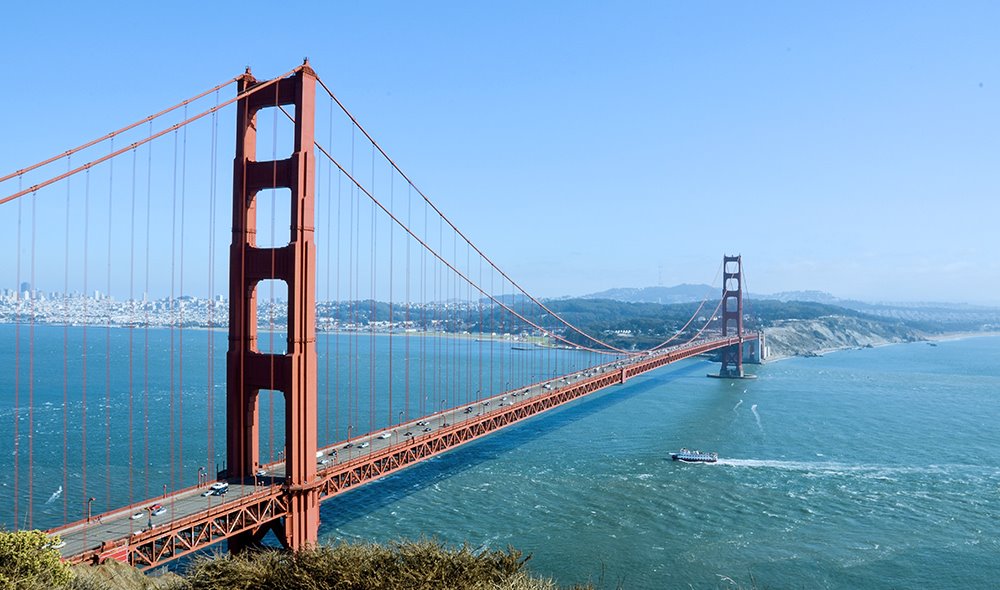
California is well known for its high fuel prices and strict environmental regulations, but a string of upcoming oil refinery shutdowns, exacerbated by a recent fire at a huge Chevron plant, threatens to spike the state’s sky-high prices further and force the state to import much more oil from Asia. This really interesting feature from Fortune, throws up more questions than answers but its well worth a 4 minute read.
The upcoming closures by refining giants Phillips 66 and Valero Energy have triggered an about-face from Democratic Gov. Gavin Newsom and state regulators to try to keep the fuel complexes open after years of rules that cut into their bottom lines. It’s too late to save Phillips 66’s Los Angeles refinery, but there’s at least an inkling of hope to cut a deal to salvage Valero’s Benicia refinery just north of San Francisco.
Losing both cuts off nearly 20% of the state’s refining capacity and makes California susceptible to potential shortages if there are disruptions to foreign, waterborne supplies.
“The state has continued to overestimate its ability to wean itself off liquid fuels, and I think they’re starting to realize it may be too little, too late,” Patrick De Haan, head of petroleum analysis at GasBuddy, told Fortune. “Prices will rise, and the pricing volatilities are going to be more extreme.”
The politically blue state of nearly 40 million people faces the imminent closure of Phillips 66’s Los Angeles refinery, which is processing its final shipments of crude oil in October before closing by the end of this year. Up next, the Benicia complex is slated to shutter by the end of April.
While California is a leader in renewable power and electric vehicle adoption, it still relies on lots of gasoline, diesel, and jet fuel. California consumes almost 900,000 gallons of gasoline a day, down from a 2017 peak of nearly 1 million gallons daily. Refiners don’t want to invest in California because of expensive regulatory burdens in a declining market, but the refineries are closing more rapidly than demand is falling, putting the pinch on the state and its motorists.
“California thinks it’s going to be able to put the end date on gasoline and fossil fuels, but that’s just impossible,” De Haan said. “Essentially what they did was signal to the industry that they’re not open for business when it comes to refining.”
And it didn’t help when Chevron’s huge El Segundo refinery outside of Los Angeles suffered an explosion on Oct. 2. The fire was put out a day later, primarily harming a large, jet fuel–producing unit. Chevron, which is rooted in Standard Oil of California, moved its long-tenured headquarters from California to Houston last year.
“We have been able to meet our customer commitments throughout the incident and anticipate continuing to do so as we move toward a fuller recovery,” said Chevron spokesman Ross Allen in a statement. “The refinery continues to operate and create transportation fuels, although at diminished rates.”
Jim Mitchell, Wood Mackenzie director of oil trading analytics, said the coincidental timing of the closure and fire could not have been worse even if they were planned. “There is going to be a price spike. Is it going be $8 a gallon? I don’t see it getting that bad,” Mitchell said.
Jet fuel prices already have jumped about 13%—an increase of 30 cents per gallon—since the fire, according to the California Energy Commission, while larger gasoline price hikes are expected next year, especially when and if Benicia closes.
California gasoline already is the most expensive in the nation at $4.66 per gallon for regular unleaded, which is about $1.50 more than the national average and more than $2 over the refining hub of Houston’s average of $2.62 per gallon, according to GasBuddy. And this is with nationwide fuel prices being at their lowest since the demand bust during the Covid pandemic.
Read the full article California’s ‘impossible’ dream of ending fossil fuels isn’t working, and now it’s looking at price spikes and shortages | Fortune